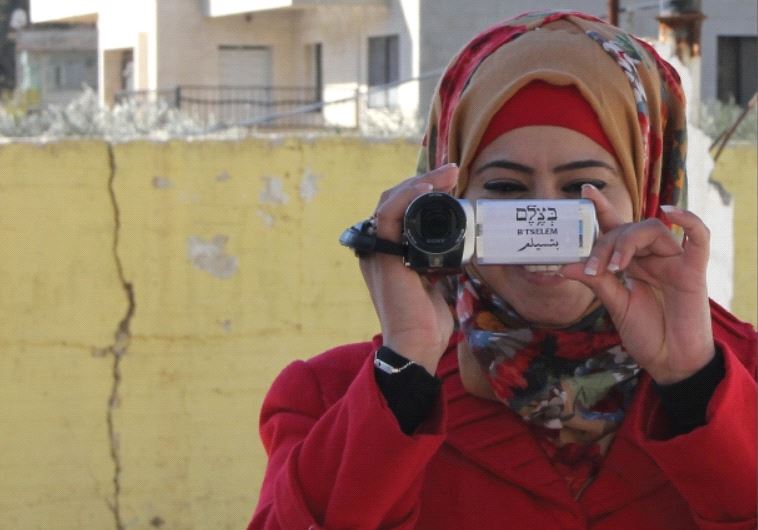Working in complex realities, do NGOs do good, harm, or both?
NGOs are regularly scrutinized for their accountability to donors, but what about their accountability to the civil societies they are trying to help?
 A B’Tselem researcher on the ground in east Jerusalem
A B’Tselem researcher on the ground in east Jerusalem